NB. Photos are all my own as the food was not photogenic
Let’s start with the positives – there are only three, and they’re rather brief at that:
1) The waiter was charming, easy going and knowledgeable.
2) So buttery it almost made my tongue translucent, yet so sweet and light I could have eaten five of them, the kubaneh bread was sublime.
3) I’m mainly a vegetarian and rarely eat lamb, but the fact that the minced beef and lamb dish (shakshukit) was palatable, and even rather moreish, signifies a success.
I wish that I could keep the list going. From online reviews to food-obsessed friends, all I had heard about Palomar was a stream of praise. So, I thought I would emerge from the restaurant blasting Palomar’s praises to everyone to whom I spoke. I wanted to have found a mini-haven in the heart of London where I could gorge on the full-flavoured abundance of the Middle East.
I did not.
Stop reading now if you don’t want your opinion tainted. If you are curious, read on.
We squeezed our way past the tight and chaotic bar area, to be seated in the farthermost corner. Dark, wooden, and Spartan, it felt like an old-fashioned train carriage.
Aside from the kubaneh and shakshukit, we ordered an array of dishes, starting with baba ganoush, and “spicy experience”, from the menu section titled “Rip and Dip”. “Pinch and Scrape” would be more fitting. The baba ganoush was delivered: we were presented with a shallow, hamster –sized plate-let (ie a disk) of the meanest little scraping of mashed aubergine. They must be using tweezers in the kitchen, as it was adorned with just three pomegranate seeds, as if they were in fear of our being trapped, like Persephone, in the Underworld.
The so-called spicy experience promised a roller-coaster of excitement and exotic warmth. What arrived was a confusing, tiny saucer of some possibly shop-bought harissa that had been unceremoniously tipped onto the plate, with a few pickled chillies, also suspiciously jar-emanating, and some charred chilli husks. Why confusing? Because there was no reason behind it: no vehicle to carry the diner off into the realms of a capsaicin extravaganza. If it were meant to be a condiment, surely it should have been signposted as such, not presented as a starter? Needless to say, it was quickly abandoned.
We ordered pitta breads. I expected them to be the large, puffed up, hot pillows that you receive, on the house, at Maroush. Instead, they were seemingly imported from the film “Downsizing”, with a diameter barely extending to that of my palm, and £1.50 apiece.
At this point all the scrapings and scraps and stalks had begun to merge into a sludge on our plates. Like an inverse of the Twits we had only been provided with miniature side plates - as if by changing the proportions of the crockery we would be tricked into believing that the food portions were lavish and abundant. When the waiter showed no sign of refreshing our plates we asked for a change. A new set of the Lilliputian side plates arrived – without the doll’s house-sized cutlery that would have been appropriate. We asked for regular-sized dining plates, only to be told that “since the tables are so small they usually only give side plates”.
I understand all restaurants are businesses, running tight margins. However, it is no good thing when a restaurant becomes so transparently business-like that you can see the pound signs twinkling in their eyes. Tables so small that you need to shrink the portions and plate size in order to squeeze in more people, and thereby maximize margins on your dishes, makes for neither a comfortable nor an enjoyable experience. Added to that, Palomar is meant to be Israeli–influenced. Aside from the fact that the menu seems to have taken us on a rocky ride from England, to Italy, to the Middle East, they missed several key characteristics of Middle Eastern cuisine: generosity, colour, robustly-flavoured abundance and freshness.
The artichokes arrived: three measly, wan halves sitting on an ill-defined scrape of grey puree. These were followed by a tiny sauce boat containing the mushroom polenta. Polenta can be made delicious, but this dish was incomplete. It lacked crunch to counteract the slushy baby-food texture, the sloppy mushrooms providing no relief. Nor was there any astringency or freshness to counteract the starchy palidness.
The climax was reached with the sea bass, supposedly josperized with herb salad, candied lemons and pine nuts. I am lazy and not very caveman like (when dining) and prefer not to have to fight my way through bones and skins to eat my food, especially in an ill-lit environment. I ordered this on the waiter’s promise of it being “boned”. It arrived splayed, frowning, Tiresias -eyed. The first few mouthfuls were enjoyable, succulent and tender. I helped myself to more. The next mouthful came with a sharp gift of bones. I plucked them out, and persevered. However, my next attempt at a mouthful was thwarted permanently – it was raw.
The waitress was fair and professional, removing the fish and a number of other items from our bill. However, if you’re looking for a Middle-Eastern influenced feast, I would bypass Palomar and head straight to Ottolenghi, Nopi, or either of the Honey & Co. branches.
Food: 3/10
Ambience: 4/10
Service: 9/10
Loos: N/A
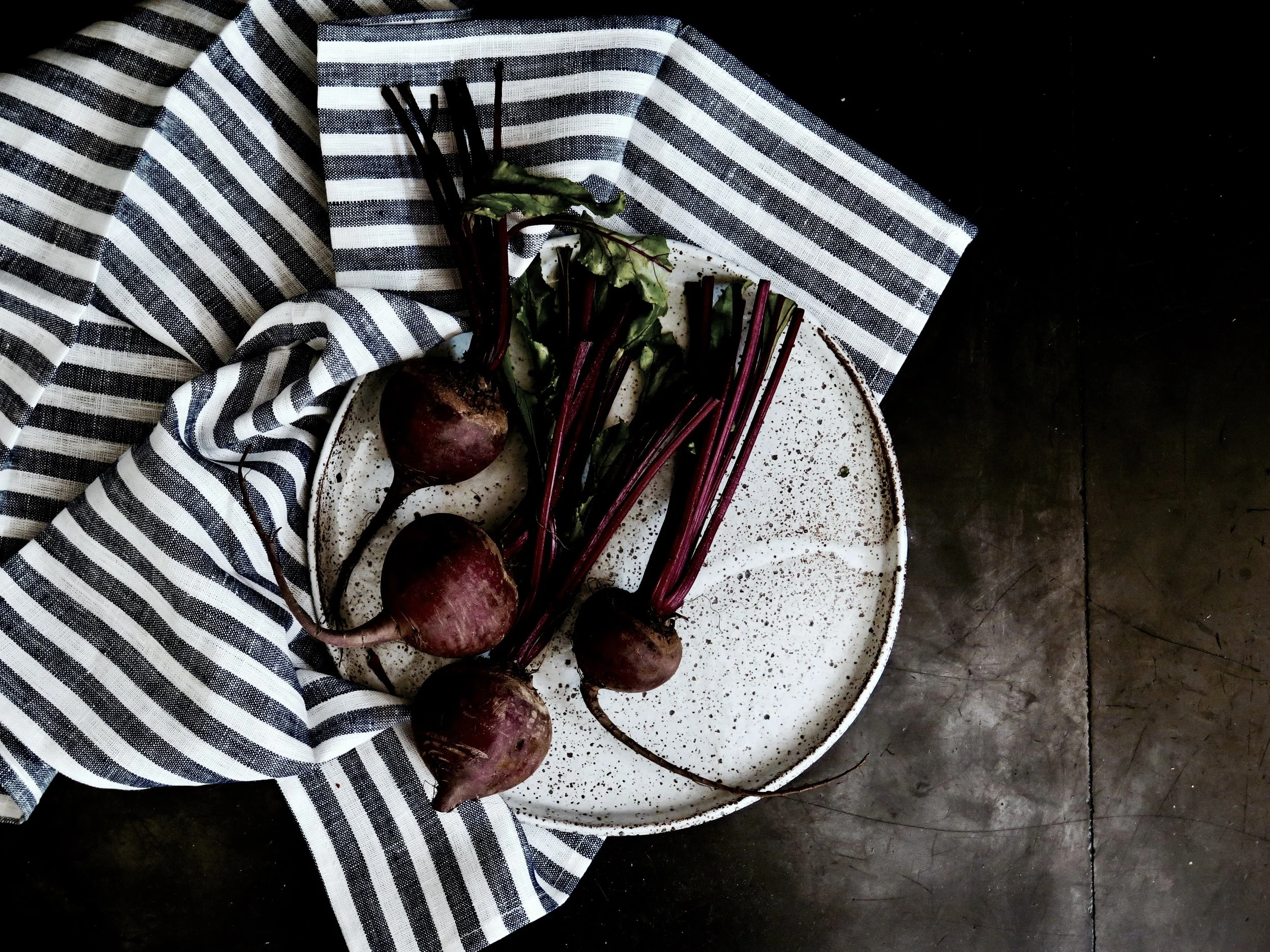
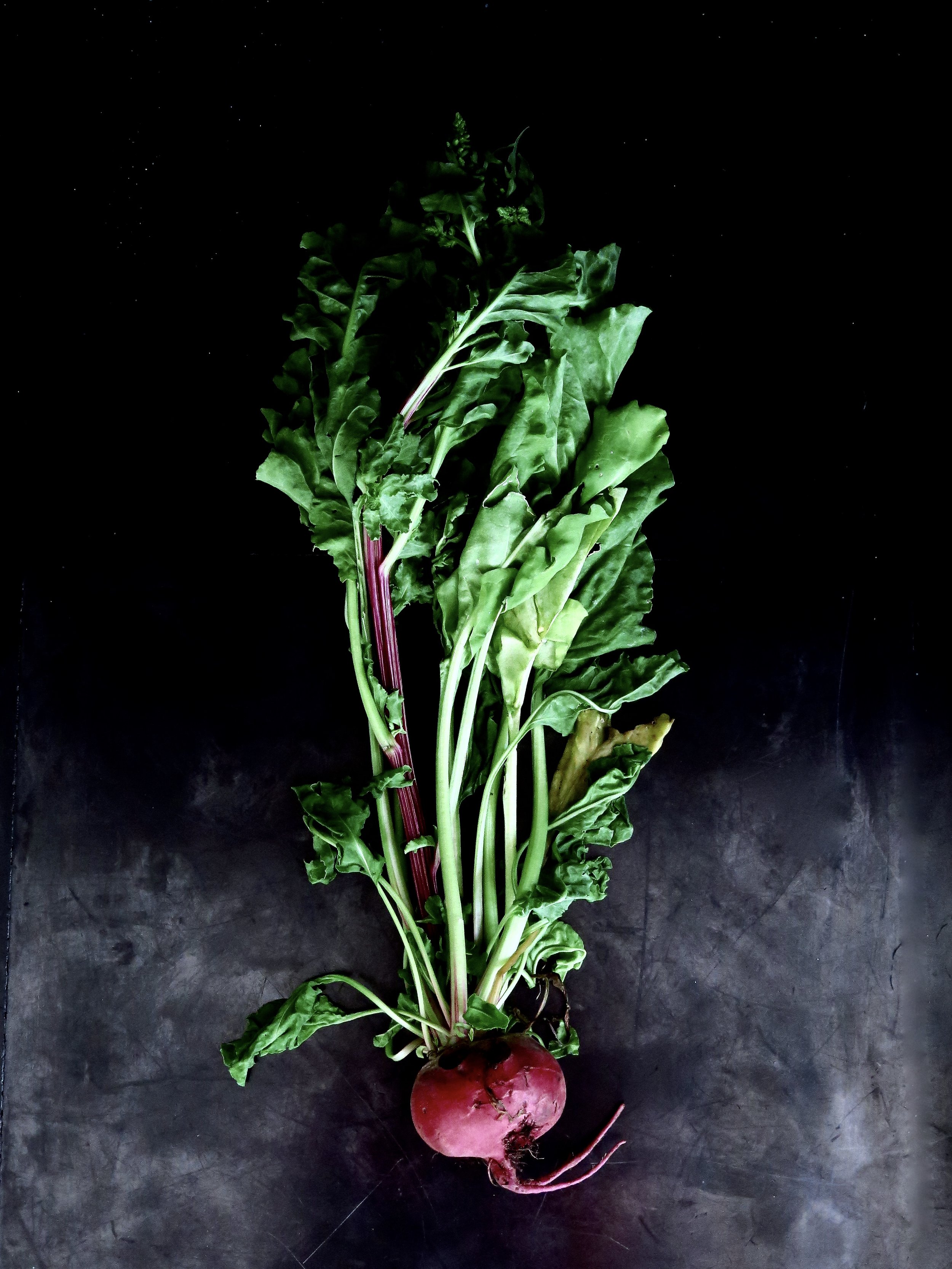

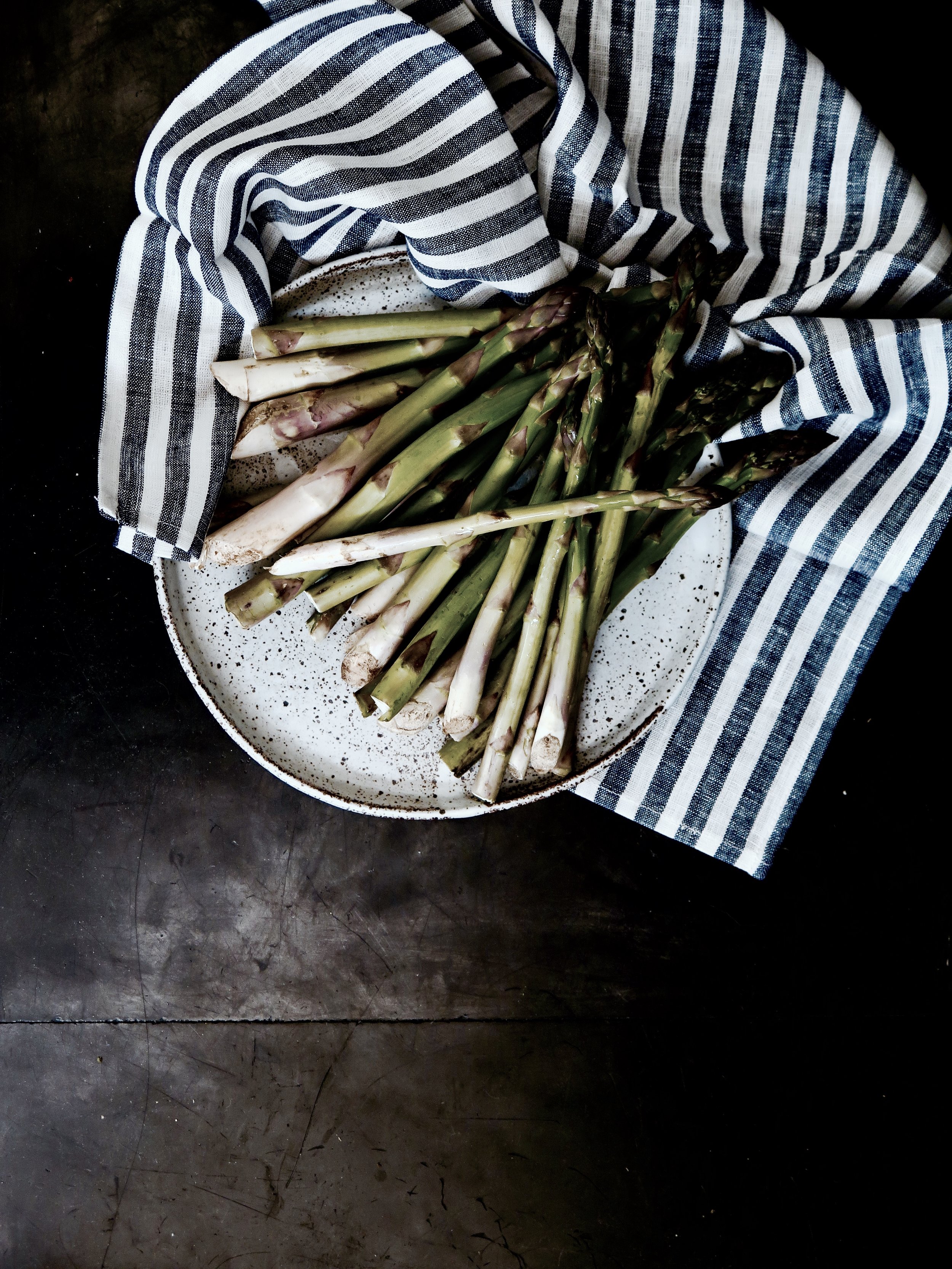
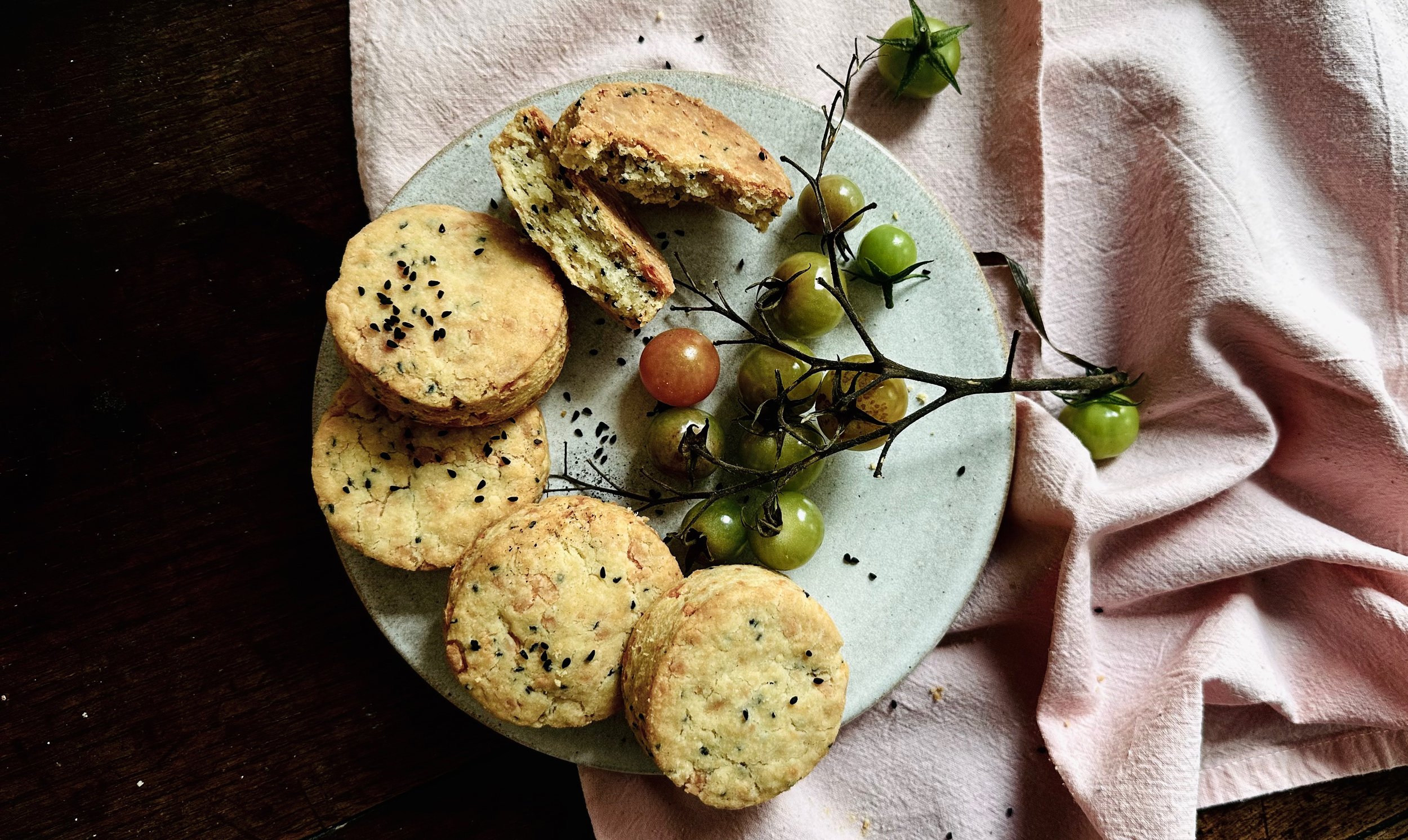
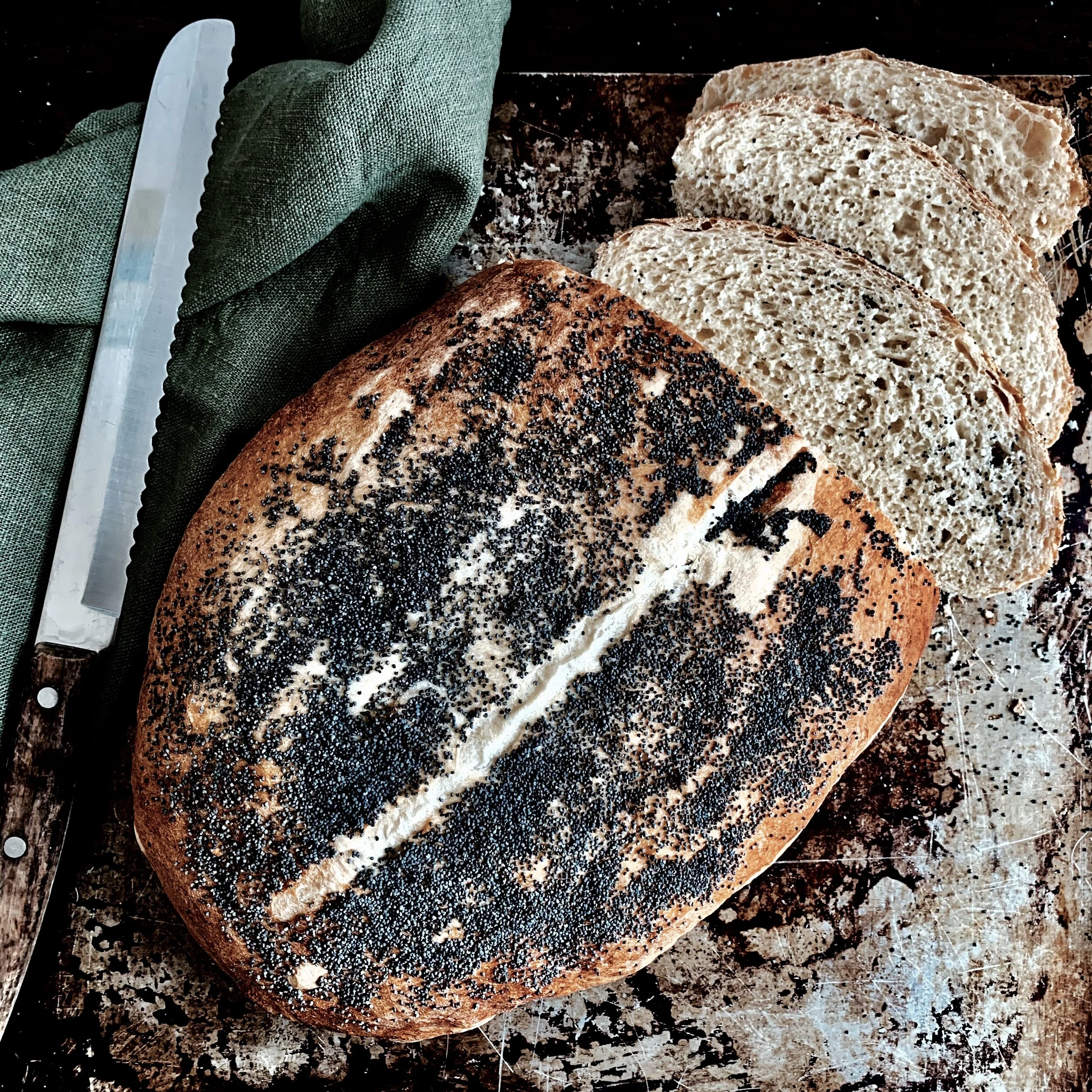
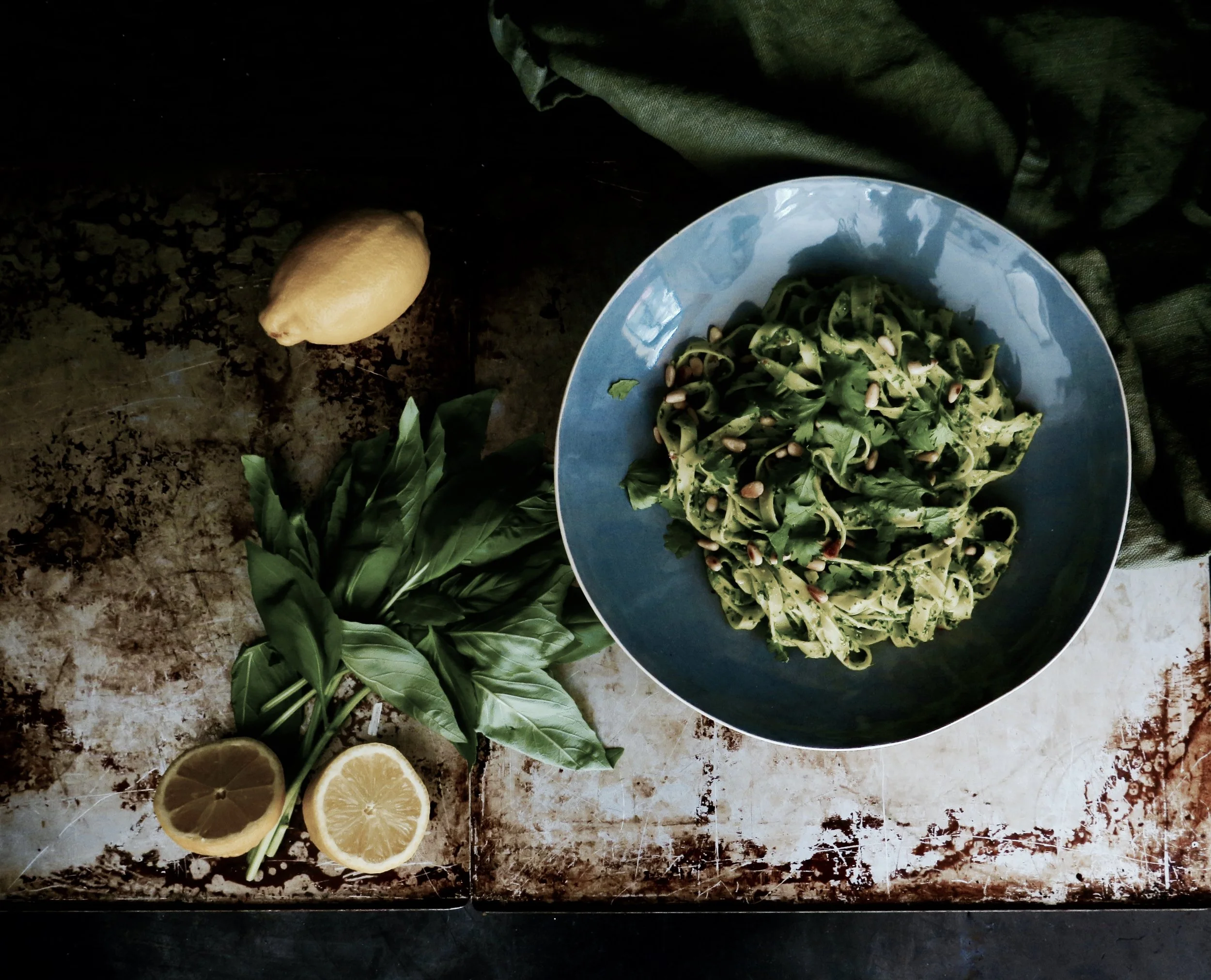
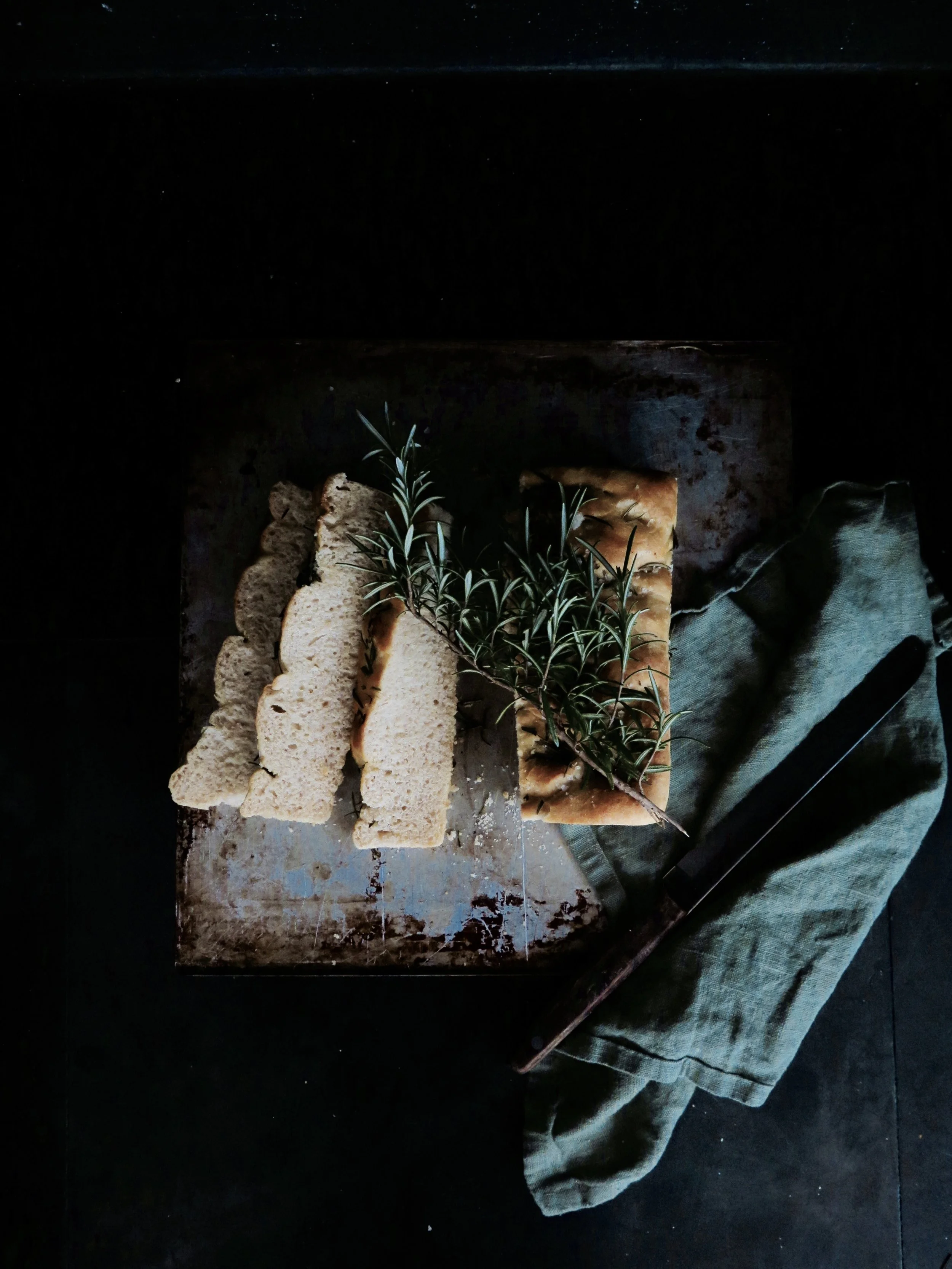
It’s suffused with herbs and umami spring onions, and laced with tongue-tingling sour barberries, sharp and salty feta, and warming toasted walnuts which add necessary texture. I add chilli, too, which means that every bite is an avalanche of flavour.
Kuku is high in protein, and basically carb-free (if that’s your thing), and really filling, too. I’ve adapted this one from a more traditional Persian recipe (where this dish originates).